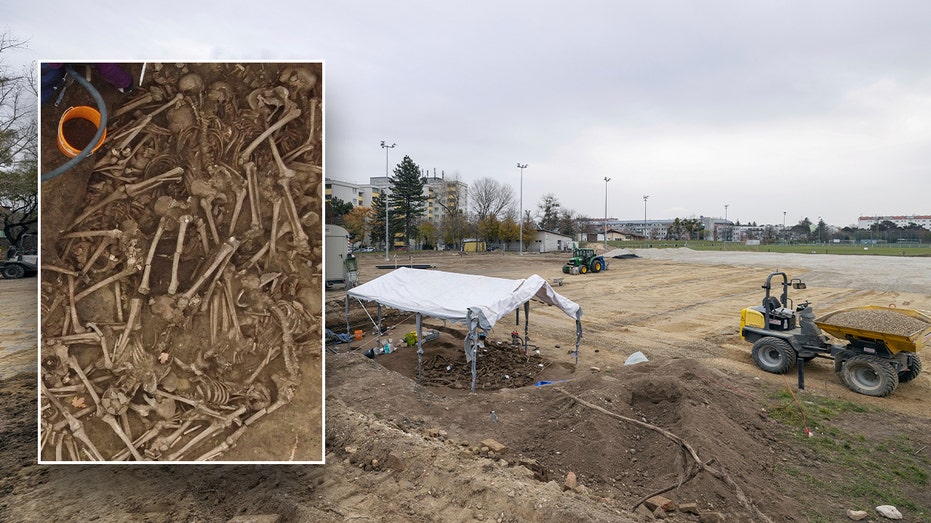- by foxnews
- 08 Apr 2025
Canada Border Services Agency Unveils Powerful Cost Recovery Overhaul to Transform Immigration Enforcement
The Canada Border Services Agency (CBSA) is intensifying efforts to manage the removal of inadmissible foreign nationals under the Immigration and Refugee Protection Act (IRPA) with a new cost recovery framework aimed at reducing financial strain on the government.
- by travelandtourworld
- 04 Jan 2025
- in travel

The Canada Border Services Agency (CBSA) is intensifying efforts to manage the removal of inadmissible foreign nationals under the Immigration and Refugee Protection Act (IRPA) with a new cost recovery framework aimed at reducing financial strain on the government.
From January 1 to October 31, 2024, the CBSA successfully removed over 14,000 inadmissible individuals, fulfilling its mandate to enforce immigration laws. While individuals ordered to leave Canada are required to cover their own travel costs, the government often steps in when they are unable or unwilling to pay. These costs are recovered when the individual seeks reentry into Canada, but the current recovery fees have not kept pace with the actual expenses incurred.
Starting in April 2025, a revised fee structure will take effect, significantly increasing the costs borne by individuals seeking to return to Canada after removal. The new framework includes:
This updated cost structure aligns more closely with the real expenses associated with removals and aims to encourage voluntary compliance with removal orders. By creating a stronger financial incentive to adhere to immigration regulations, the CBSA expects to foster greater accountability among individuals facing removal.
- by foxnews
- descember 09, 2016
Ancient settlement reveals remains of 1,800-year-old dog, baffling experts: 'Preserved quite well'
Archaeologists have recently unearthed the remarkably well-preserved remains of a dog from ancient Rome, shedding light on the widespread practice of ritual sacrifice in antiquity.
read more




